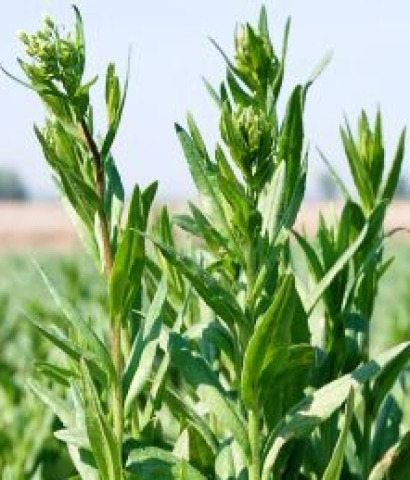
The JV intends to develop Camelina ("Camelina sativa") and other oilseed species from which oil and meal can be extracted for future processing into animal feed, biofuels, and other bioproducts. S&W will contribute its expertise in seed research, technology, production, and processing to the JV, including its seed processing and research facilities in Nampa, Idaho.
Camelina is regarded as a scalable and commercially viable oilseed with the potential to be a sustainable feedstock source for the energy transition.
Camelina also is recognized as a low greenhouse gas cover crop in the US. Cover crops are planted between main crop growing seasons, with the aim of not influencing the price or availability of crops grown for food and feed. Using effective controls and management, Camelina has the potential to provide sustainable feedstocks, and create social and environmental co-benefits by diversifying farmers' income streams and reducing soil erosion.
Biofuels, such as those made from Camelina oil, may be an effective way to help decarbonize customers in hard-to-abate sectors, where energy density in fuels is key, including the aviation, marine, and heavy-duty road transport sectors.
The JV expects to carry out initial grain production in late 2023.
"We are pleased to be entering this JV with Shell, which leverages our seed and technology capabilities with Camelina and demonstrates how agriculture and energy can work together to lower carbon emissions by producing domestically sourced sustainable biofuel feedstocks," commented Mark Wong, CEO of S&W Seed Company.
"Shell shares our vision on the long-term opportunity Camelina provides, including enhancing farmland food production. As arable farming acreage decreases, Camelina can be a key contributor to maximizing use of every acre of farmland."

